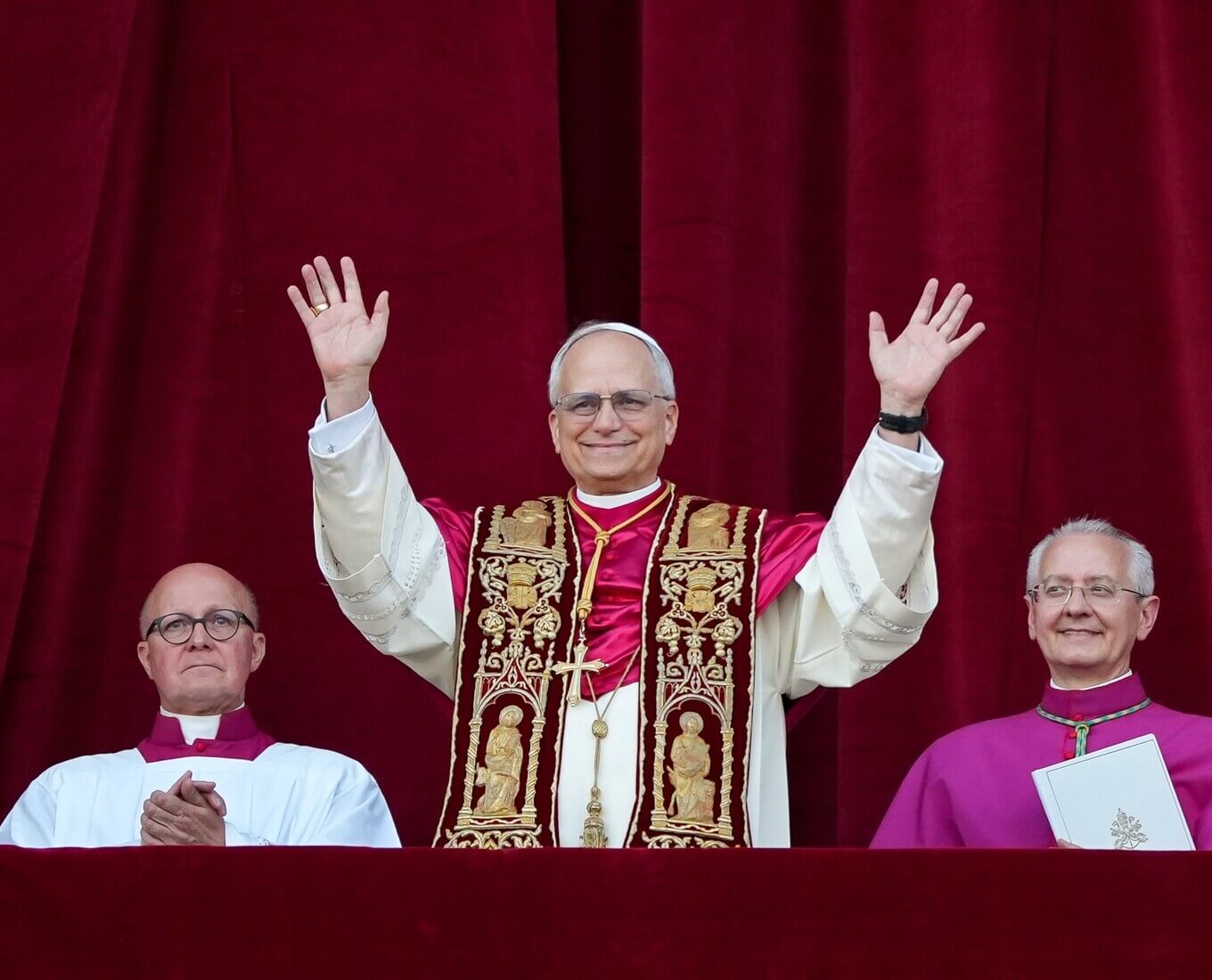 In his most recent opinion piece on the Washington Post’s On Faith blog, Mathew Schmalz, associate professor of religious studies at the College of the Holy Cross, reflected on Pope Benedict XVI’s recent homily in Beirut, Lebanon, and how it compared to a similar speech he made in Regensburg, Germany, in 2006. Specifically, Schmalz highlighted the similarities between the two speeches, as both considered the relationships between faith, reason, and violence, especially in relation to Islam and Christianity. While the content of the pope’s speech was controversial in Germany, Schmalz states it fit the social context of Lebanon.
In his most recent opinion piece on the Washington Post’s On Faith blog, Mathew Schmalz, associate professor of religious studies at the College of the Holy Cross, reflected on Pope Benedict XVI’s recent homily in Beirut, Lebanon, and how it compared to a similar speech he made in Regensburg, Germany, in 2006. Specifically, Schmalz highlighted the similarities between the two speeches, as both considered the relationships between faith, reason, and violence, especially in relation to Islam and Christianity. While the content of the pope’s speech was controversial in Germany, Schmalz states it fit the social context of Lebanon.
“In Beirut as in Regensburg, Benedict emphasized how the way we think about God has implications for how we act,” he wrote. “The belief that God became incarnate as a suffering servant calls Christians to a particular kind of action in the world.”
Further explaining how Benedict urges Christians to act as generous servants to others, “But acts of service, of peacemaking, are not performed by Christians only for other Christians in some sort of sectarian or exclusivist way,” Schmalz continued.
Because Lebanon is rife with conflict between Christians and Muslims, Schmalz expressed that Benedict’s most recent remarks were not only potent, but also necessary. “Benedict expressed his hope that Christians and Muslims can be servants and peacemakers not just to and for themselves but to and for each other,” he wrote.
Notably, on Sept. 21, Pope Benedict XVI tweeted Schmalz’ column to his 14,500 followers.
This “Holy Cross in the News” item by David Cotrone ’13.

